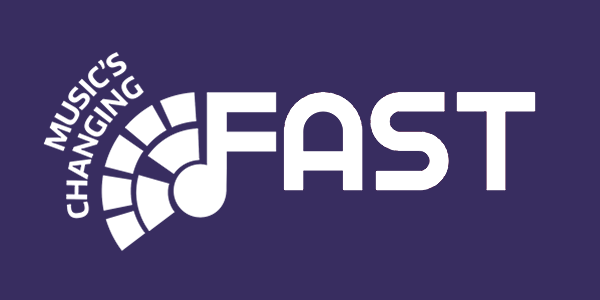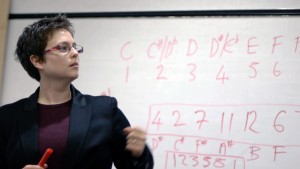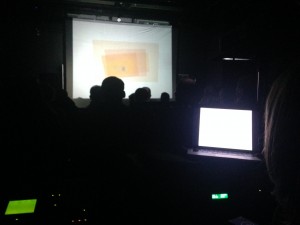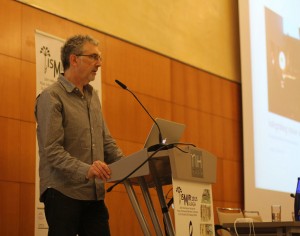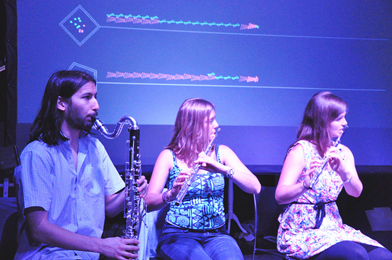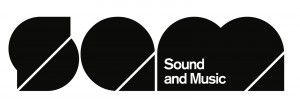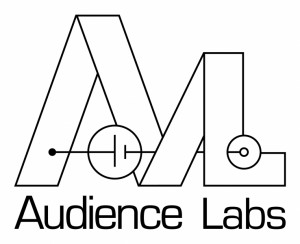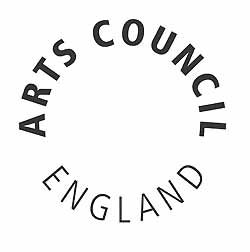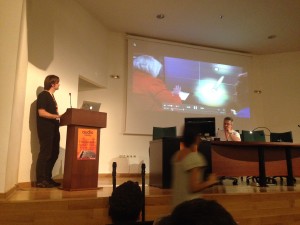“Cognition, Information & Creativity”
16th March 2016, 6.30pm
The Octagon, Queens’ Building, Mile End Campus
A free drinks reception will follow for all ticket holders.
Lecture Synopsis
Creativity is often proposed as a feature of humanity that sets us apart from other species. In this lecture, I will deconstruct the concept of creativity, suggesting that the view we have inherited from the Romantics is unhelpfully narrow. Working from a more practical definition, I will propose a view of creativity as a property of advanced cognition, including, but not limited to, humans, that can in principle be implemented as a computer program. The lecture will end with a recorded performance of Geraint’s piece “from spiralling ecstatically this”, a setting* of E. E. Cummings’ poem, itself concerned with creation.
* “from spiralling ecstatically this” is performed by kind permission of the E. E. Cummings Trust.
Bio
Geraint A. Wiggins was educated at Brighton College and Corpus Christi College, Cambridge. He holds PhDs in artificial intelligence (specifically, computational linguistics) and in musical composition from the University of Edinburgh. He is currently Professor of Computational Creativity at Queen Mary University of London. From 2000 to 2004, he chaired the Society for the Study of Artificial Intelligence and the Simulation of Behaviour, the UK learned society for AI and Cognitive Science. He was the founding chair of the international Association for Computational Creativity, and convened the first ever large conference on AI and creativity in 1999. He is a Fellow of the Royal Society of Arts, and chair of the trustees of the Dilys Trust, a charity that supports students from economically disadvantaged backgrounds to attend high quality universities.
Ticket Information:
This event is free to attend but you must book online in advance.
Please visit Eventbrite to book your ticket.
Map & Directions:
The Octagon, Queens’ Building, Mile End Campus, Queen Mary University of London, 327 Mile End Road, London, E1 4NS
View Map Here
